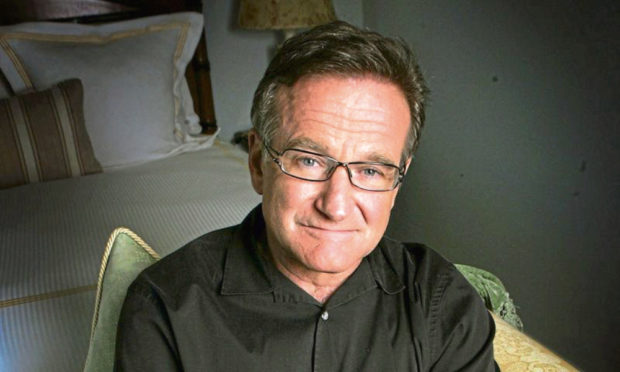Viewed from a distance, it looks a gazelle-like creature, fame. Light, fast moving, and elusive. Here one minute, gone the next. Up close, it is a heavier, uglier beast: riddled with fear and insecurity; weighed down by envy and ego; tormented with the existential questions that whisper endlessly in the beast’s ear: “Is this it? Is this all?”
A few weeks ago, I wrote about Britney Spears: her descent into mental illness, her struggles to seize control of her life back from her father. Following the Spears story, footage re-emerged of a horrifying David Letterman interview with actress Lindsay Lohan, who was about to enter rehab, followed by an admission from 28-year-old singer Demi Lovato that she suffered three strokes and a heart attack when she relapsed after six years of sobriety.
Three young women who illustrate so well Elton John’s observation: “When you’re young, and you’re famous, my God it’s tough.”
As an interviewer, it was the vulnerabilities of the famous that I found most fascinating, their humanity rather than their celebrity.
A subsequent interest in psychology seemed a natural progression after studying so many on the savannah of fame, the ways they chatted and charmed, prevaricated and preened, disarmed and dissembled; sometimes thinking their designer threads concealed everything when really, they were nakedly transparent.
“Is there anyone you would still like to interview?” I was asked frequently, and of course there were many, one of whom was the late American comedian, Robin Williams.
There is something fascinating about firework personalities that fizz and froth but could just as easily crash and burn.
But it wasn’t just his mercurial brilliance that attracted me as an interviewer. It was something deeper in his eyes, an empathy, a kindness that seemed too durable to be extinguished by fame. Recently, I heard a story that confirmed appearances were not deceptive.
‘He was, she said, as kind as he was funny’
The story was told by a woman whose husband committed suicide. She was travelling through Los Angeles airport, carrying her husband’s ashes in a Tupperware box. Inevitably, she met a jobsworth, “computer says no” airport worker, who told her she would have to ditch the ashes.
His manner was so lacking in empathy that, by her own admission, she ended up crying hysterically, pulling out her husband’s death certificate to prove her story to a policeman.
Eventually, she made it to the bar on the other side of security, bought herself a whisky, and sat facing a wall so that nobody could see her attempts to compose herself.
Until, that is, she heard a voice at her shoulder say quietly, “Miss… I see you are travelling alone and I saw what happened, and I just really want to be sure you are OK.” She recognised the distinctive voice before she turned but could hardly believe it. Robin Williams?
Williams knew when to use empathy and when to use humour, walking through the airport to their shared flight and entertaining the woman by mimicking – never cruelly, she noted – people around them.
“You have a beautiful smile,” he told her when she laughed at his antics. He was, she said, as kind as he was funny.
Some people lose themselves in fame. Williams, it seems, never did. Out of everyone who viewed the airport incident, it was the famous man who cared enough to intervene. But he had lost himself in other ways.
“Addiction,” he told the woman, “is a real bitch. Mental illness and depression are the mother of all bitches. I am sorry for all the pain your husband was in. I am sorry for all the pain you are in now. But it sounds like you have family and friends and love. And that tips the scale a bit, right?”
Ironic that Williams, who understood so much about life, took his own.
He had been diagnosed with Parkinson’s disease but last month, his widow revealed that his brain was also affected by Lewy body disease, a cruel condition causing dementia and hallucinations, that would have robbed him of the physical and verbal dexterity that brought him fame.
For someone in the public eye, viewed constantly through the lens of his talent, how horrifying a prospect that must have seemed.
We don’t usually waste sympathy on the rich and famous. Don’t they have everything?
Everything except stability and a resting place from the demands of their own talent.
Success is so often accompanied by insecurity, fame by the fear of loss and humiliation.
Tough on the young as Elton John says – but really, tough at any age.
